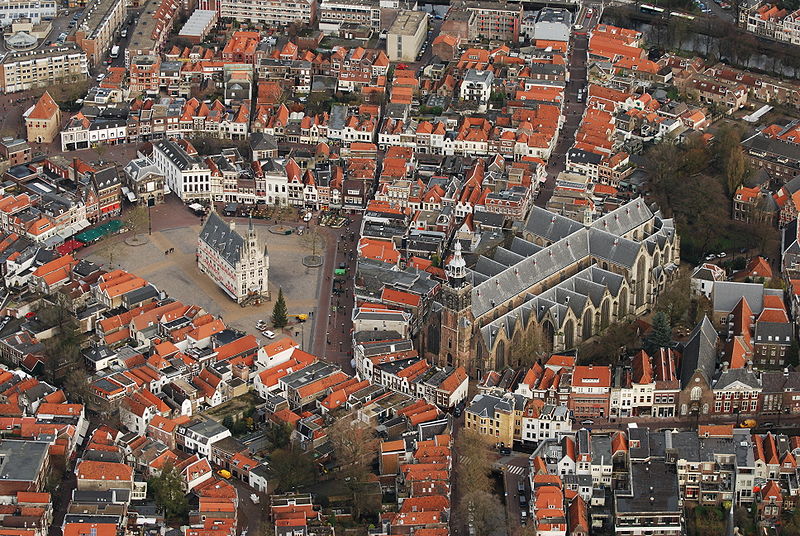
Fourteen Dutch municipalities are moving forward with plans to establish emissions-free zones starting January 1, 2025, despite a parliamentary push to delay the initiative.
A motion spearheaded by the VVD party, advocating for national exemptions within these zones, gained support from parties including the PVV, BBB, CDA, SGP, Denk, FVD, and JA21.
In a joint statement, the municipalities emphasized their commitment to preparing for the emissions-free zones, stating, “We feel supported in this by the responses from the business community.” They highlighted the collaboration with government bodies and business associations over recent years, expressing a desire to be a "reliable government."
The municipalities also asserted that regulating polluting trucks and commercial vehicles is a municipal responsibility. They criticized the national debate for creating uncertainty, which they argued could undermine confidence among business owners. “For us, the most important thing now is that entrepreneurs have clarity and that we as a government are reliable toward them," they stated.
Eva Oosters, Utrecht’s alderperson for environmental matters, noted that any Cabinet decision to block the initiative now would be “a huge disappointment.” She underscored the significance of this step toward a cleaner, healthier city. Bas van der Pol, Tilburg's alderman for Urban Development and Economy, reiterated this stance, indicating that Tilburg is set to roll out the first phase of the zero-emission zone on January 1. Similarly, Zwolle officials mentioned that they are in discussions with business owners and see 2025 as a "learning year" to allow for transition flexibility.
The emissions-free zones are scheduled to take effect next year in Gouda, Eindhoven, Assen, Amersfoort, Nijmegen, Maastricht, Zwolle, Delft, Utrecht, The Hague, Tilburg, Leiden, Rotterdam, and Amsterdam.
The Tweede Kamer, the lower house of the Dutch parliament, acknowledges that delaying the implementation is unlikely. State Secretary for Public Transport and Environment Chris Jansen mentioned during a recent debate that his capacity to delay the rollout would only have a potential impact after January 1. However, he did not entirely rule out the possibility, given the Coalition Agreement’s call to consider potential delays.
The motion specifically calls for exemptions for “entrepreneurs.” However, the emissions-free zones already focus on business-related vehicles, so private individuals using vans or trucks outside of business purposes may qualify for exceptions.
Rules for the 14 inner cities will tighten gradually, with the aim that by 2030, only greenhouse gas-free company vehicles will be permitted. Coalition party NSC opposed the motion, though its representative Olger van Dijk supported limited exceptions for market vendors and small independent businesses. He argued that the VVD’s proposal was "too broad and creates confusion about general deferrals." Photo by ben.fitzgerald on Flickr, Wikimedia commons.



































